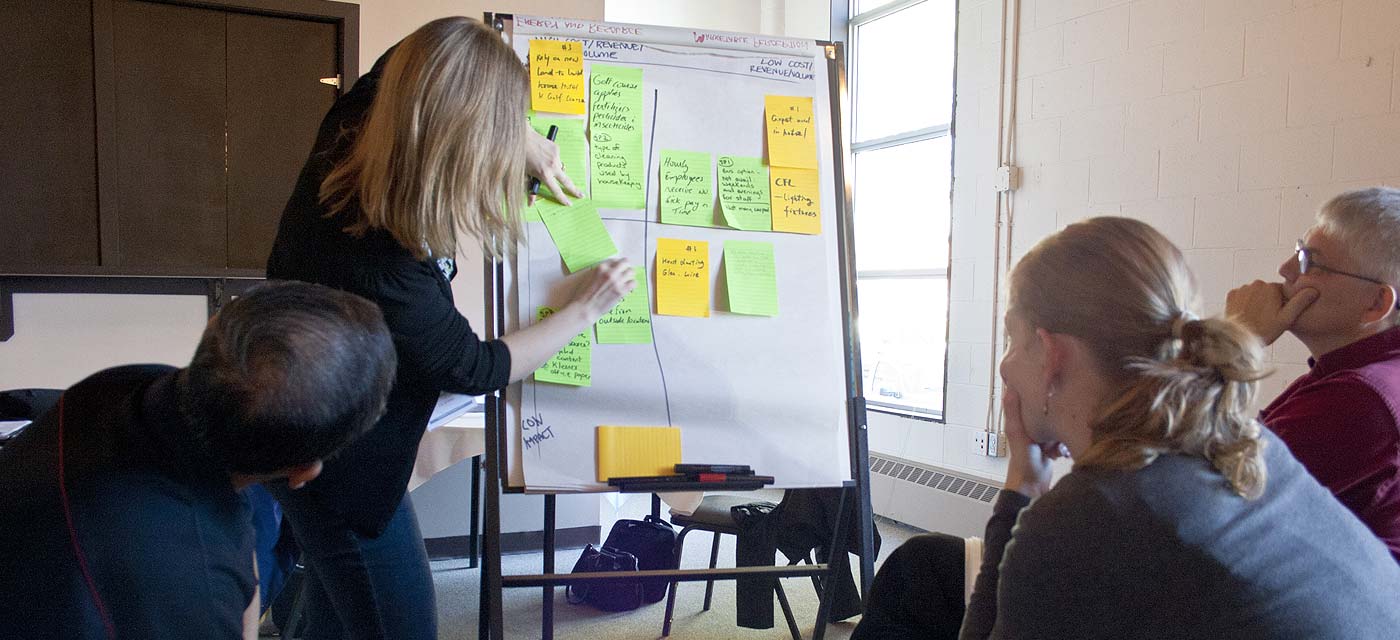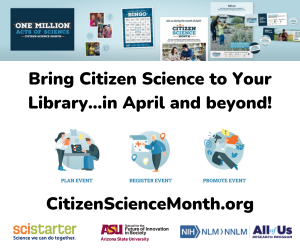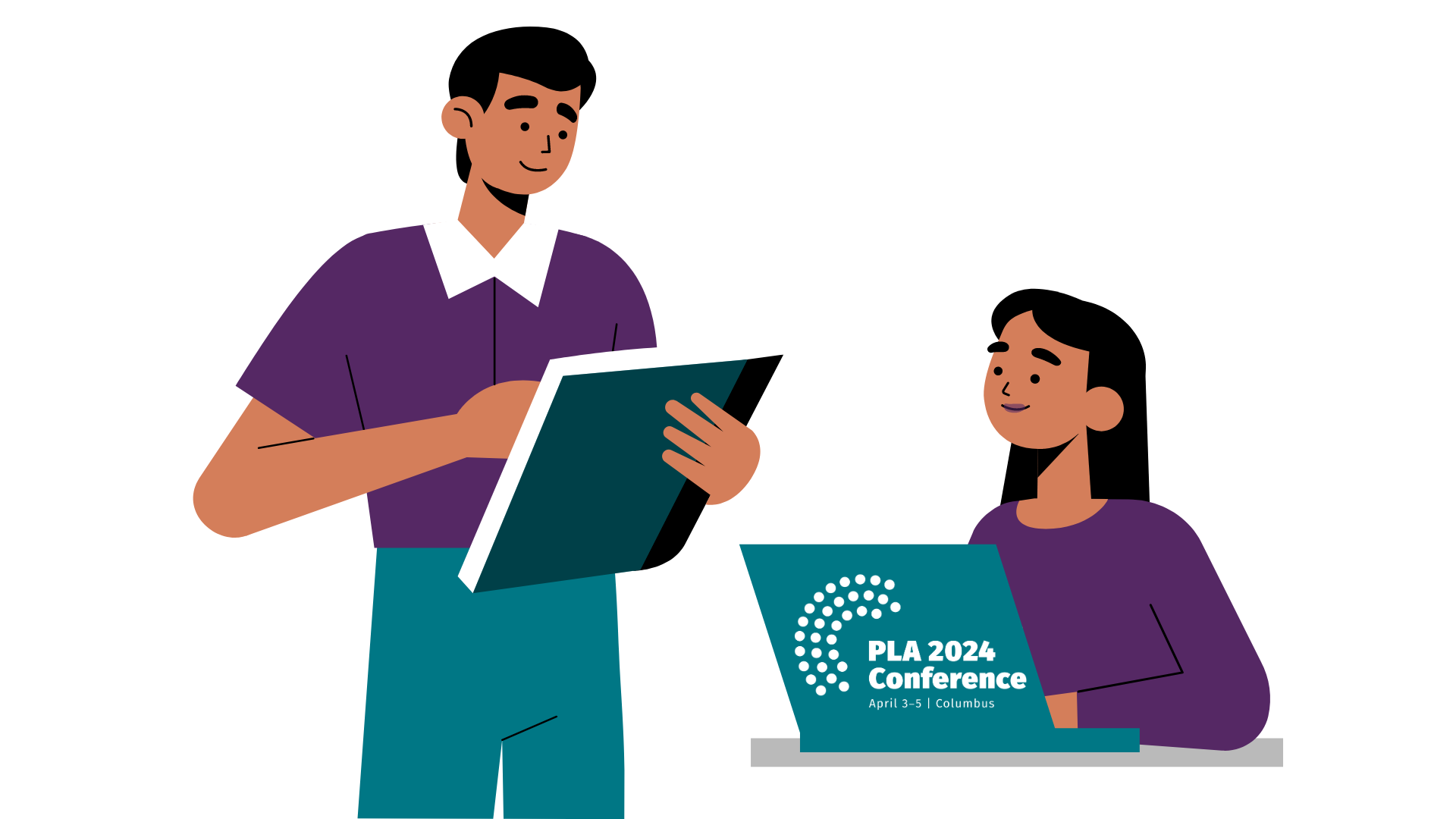Leadership Skills More Crucial Than Ever

As I write my first column as president of PLA, I fondly recall an adage by Satia Orange, former director of the American Library Association (ALA) Office for Literacy and Outreach Services. She often noted that she was following in the traditions of prioritizing advancement, activism, service, and professionalism that will have an impact today for others who will stand on our shoulders tomorrow.
I have remembered those words for many years, and now have an opportunity to proudly state that I am standing on the shoulders of all of the past PLA presidents who have come before me, especially Effie Lee Morris (1971–72) and Charles Brown (1990–91), the first and second African Americans, respectively, who had the distinct honor of serving PLA as president.
As I take the office of PLA president, public libraries continue to face unprecedented challenges. No matter the size of our service area population, we all are grappling with the same challenges, just on different levels of scale. Many of us are facing declining budgets; rapidly changing models of e-book pricing and lending; new and emerging technologies; and expanding public services. We all are concerned about institutional relevance and the need for new service models to respond to enhanced user expectations.
In spite of these challenges, I contend that the greatest impediment to the future of public libraries is the growing number of library practitioners who lack community leadership skills. I fear that many key staff members in public libraries are reluctant to interact and work with local government administrators and other community leaders, at a time when it is absolutely crucial to relate how the library finds solutions to meet the needs and priorities of the communities we serve.
From my vantage point, I am hearing firsthand that on many occasions library leaders do not meet with their local government administrators on a regular basis, and are not present at the table when community issues and goals are discussed. Sadly, in some communities, the library is not even thought of as a potential community partner, because the library is not represented at the table when partnerships are developed.
A case in point happened when my former employer (city of Denton, Tex.) recently contracted with a consulting firm to conduct a nationwide search for a new department head. City administrators narrowed a large field of candidates to five. Only one of the five candidates was local. As is the protocol in Denton, all of the department heads, including the director of libraries, are invited to a reception to meet the finalists. During these occasions, I asked the candidates about the services provided by their local public library to see if they knew the library director’s name. The local candidate was the only one of the five finalists who knew their fellow library department head by name. One of the other four (unsuccessful) candidates even said, “The library director is never invited to high-level meetings like this one.”
This, as well as the many other horror stories that I have heard, leads me to believe that the need for the training and development of community leadership skills for library practitioners is more crucial than ever. We must be willing to find ways to regularly meet with our local government administrators, department heads, and community leaders. At every opportunity, we must be able to articulate how the public library can be a vital partner when community strategic initiatives are being discussed and planned.
I am very pleased that PLA has recognized this critical need. In 2006, PLA established a Leadership Development Task Force, chaired by past-PLA president Luis Herrera, to develop leaders for the profession and the association in response to the changing environment in which public libraries operate. We need leaders who embrace change and can implement a vision that will transform public libraries. The work of the task force, now chaired by Carolyn Anthony, continues. The task force has identified key elements of successful leadership for public libraries. A key observation is that to be an effective library leader, a person must be a community leader, engaged with the community and relating the library’s offerings to the needs and priorities of the community. Effective library leadership also involves partnerships with other agencies in the community. We continue to develop this leadership model and plan to launch it nationally.
As the task force has recognized, we must remember that we share the same challenges and issues as those faced by our local government administrators. In a Public Management (PM) magazine article titled “Picturing It: The Year 2020,” local government administrators were asked to predict what their professional challenges would be in the year 2020.1 Their predictions were summarized as follows:
- Quality of life and a sense of place will be important to residents.
- IT developments will allow for greater productivity.
- Service delivery will be streamlined.
- Resident engagement will become the norm.
- Performance measurement and benchmarking will be emphasized.
- Teamwork and consensus building will be essential skills.
- Working effectively with diverse and aging populations will be a major skill.
- A commitment to sustainability will be standard.2
Isn’t it ironic that what our local government administrators see for their future is the current reality for us as public library leaders? We can make a difference in the way public libraries are perceived by our local government administrators by becoming not only effective library leaders, but community leaders.
REFERENCES
- “Picturing It: The Year 2020,” Public Management (PM) 94 no. 1 (Jan./Feb. 2012), accessed July 18, 2012.
- Alliance for Innovation, “Nine Predictions about the Year 2020,” accessed July 18, 2012.







